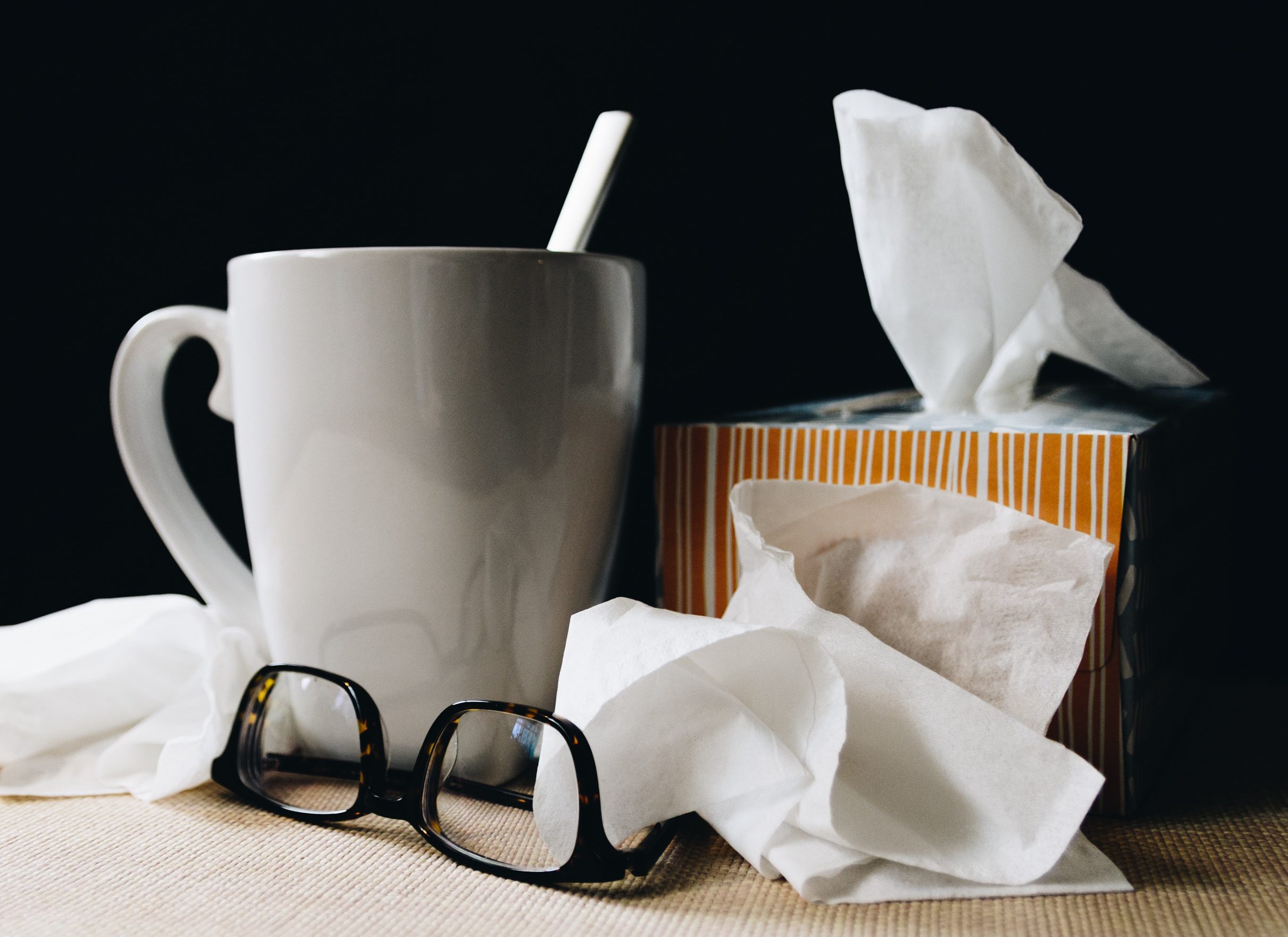KARACHI: After a long, tiring day, it often becomes difficult to work the bedroom as well and sometimes, that can strain your relationship with your partner. However, what most of us don’t realise is that there are steps you can take to improve the quality of your sex life. Ranging from spicing things up with the right amount of foreplay to working out to increase your physical strength, there’s a bunch of things you can try out. But we decided to find out whether or not there’s an easy way to increase your libido by doing something as simple as fixing your diet.
We spoke to Zoha Matin, certified nutritionist and fitness instructor, to figure out if one’s diet can affect their sex life.
“There are no specific foods that increase libido or enhance sexual arousal. Sexual arousal is affected by a number of factors and certain people may have health or psychological issues that contribute to a lower libido,” she maintains.
Nonetheless, she went on to tell us some of the ways in which diet can play a role. “The right balance of hormones and healthy blood flow is the recipe for greater arousal,” she told Cutacut. And those are the two things that can be achieved with the right diet. “Getting all the required vitamins and minerals through the diet will allow the body to produce the right amount of hormones and promote enough blood flow to the erogenous zones,” explains Matin. “A healthy balanced diet is key,” she continues.
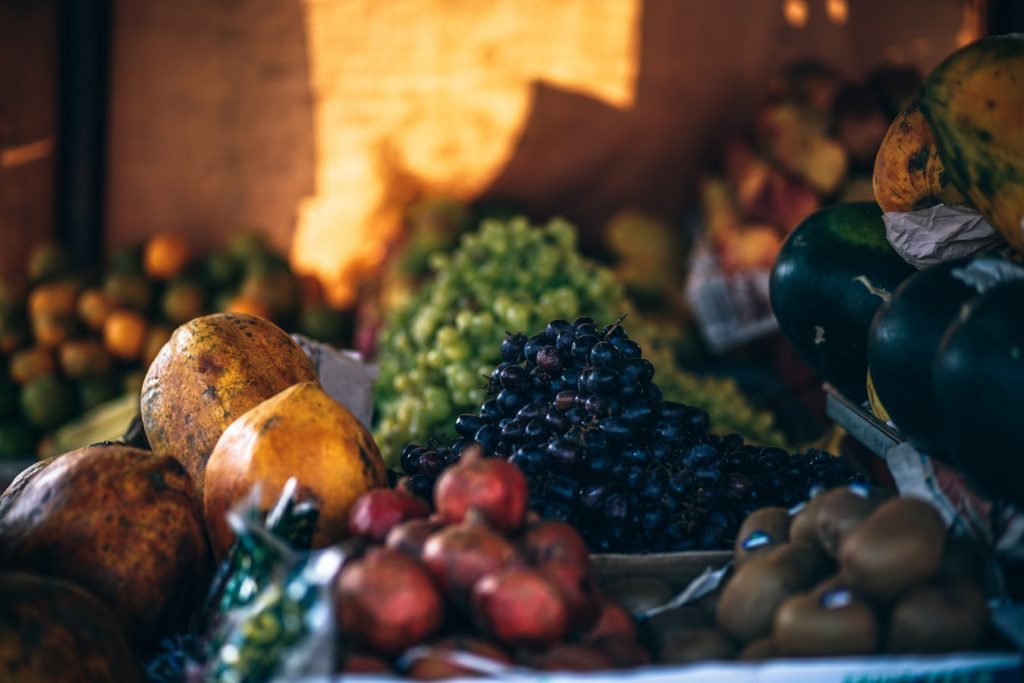
Following are the items you should immediately add to your grocery list if you need help in the sex department:
1. Vegetables & Fruits
Eating a variety of raw fruits and vegetables can help maintain a healthy weight as they are normally low in calories and fat and rich in nutrients and fibre. “But the key is to invest in different types and colours,” says Matin. According to the British Nutrition Foundation, all fruits and vegetables are rich in vitamin A and C: the former is important in the upkeep of healthy body tissues and the latter is required for the maintenance of normal vision, good skin and a strong immune system. They also consist of folate and fibre that promote blood formation. In addition to that, both fruits and veggies are also rich in potassium which helps maintain a healthy blood pressure and normal functioning of the nervous system thereby keeping hormonal imbalances in check.
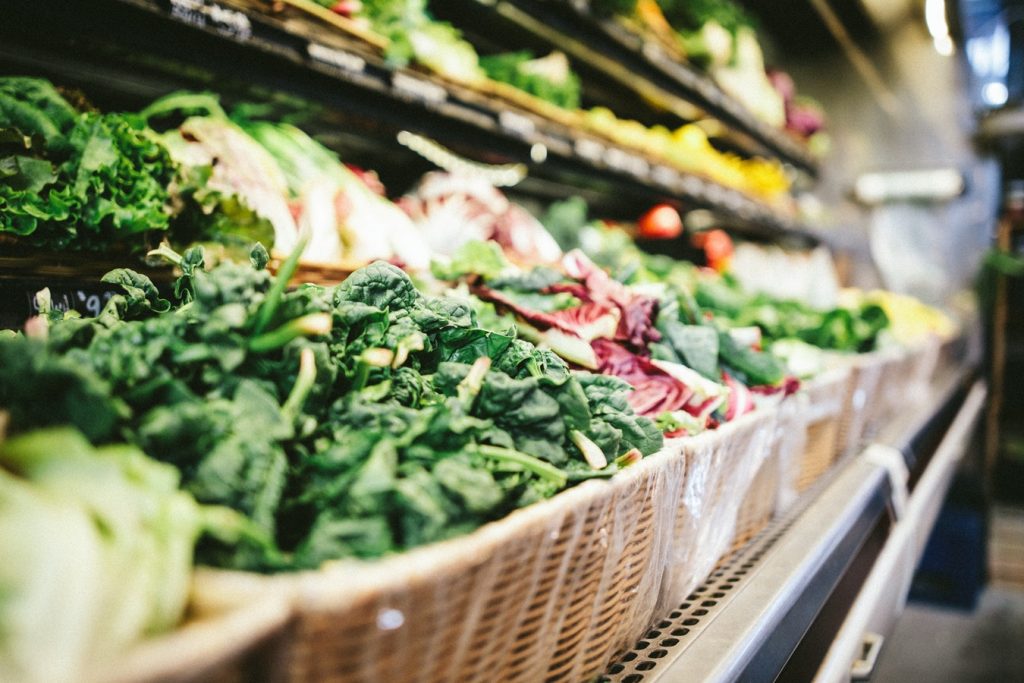
2. Whole Grains
According to research conducted by the Harvard School of Public Health, all whole grain kernels contain three parts: bran, germ and endosperm. Bran is the fiber-rich outer layer that supplies vitamin B, iron, copper, zinc, magnesium, antioxidants and phytochemicals. Germ is the core of the seed where growth occurs and is also rich in the aforementioned nutrients but in addition to these it also contains vitamin E. On the other hand, endosperm is the interior layer that holds carbohydrates, protein and small amounts of vitamin B and minerals which provide protection against some cancers. In unison, all of these things help prevent the formation of blood clots, aid digestion and maintain steady blood sugar levels.
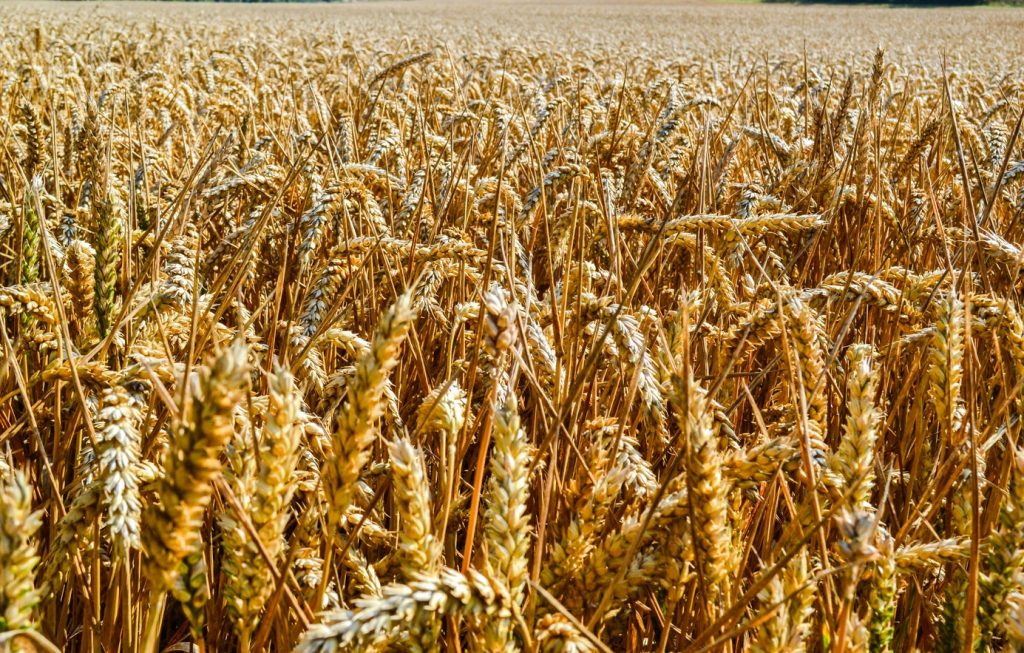
3. Dairy
Dairy products such as milk, cheese, yogurt, fromage frais, cream cheese and quark are the most important source of calcium and iodine. Calcium helps in the development and maintenance of strong, healthy bones while protein and iodine are required for healthy nerve and brain functions. But most importantly, dairy products are rich in vitamin b12 and b2 which are important for healthy red blood cells and nerve function. However, this doesn’t include butters, creams and dairy ice-creams that are high in saturated fat and thus, should be consumed in small amounts.
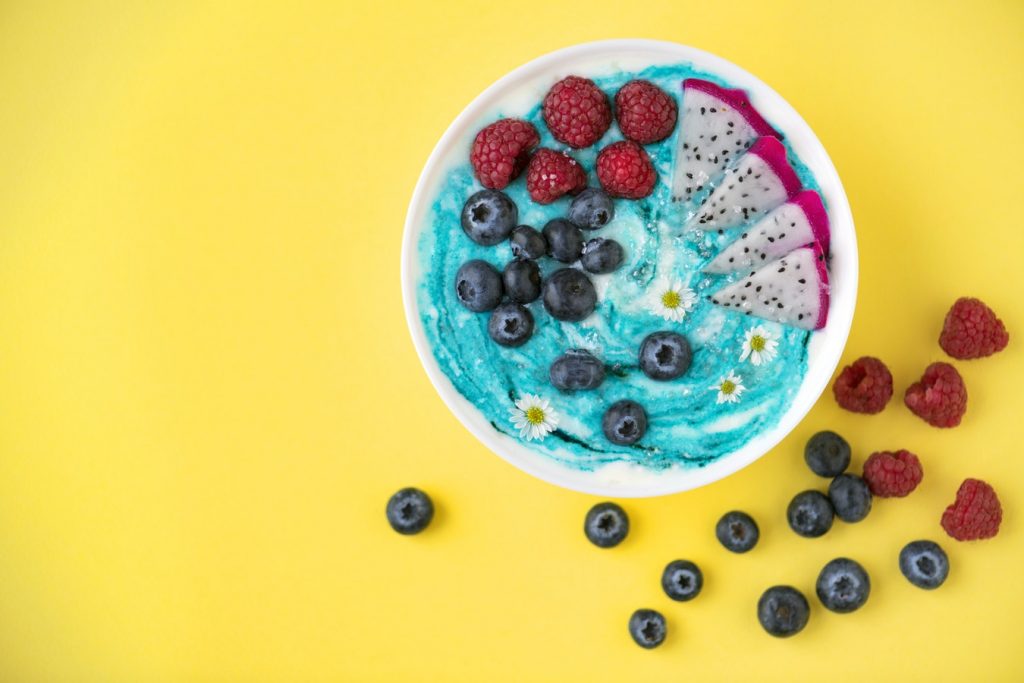
4. Chicken & Fish
According to Harvard Health Publishing, chicken and fish are protein-rich meats that are needed to maintain muscle and bone mass. They are also important components of a balanced meal.

5. Beans
As reported in an article in Reader’s Digest, beans are ‘nutritional powerhouses’ packed with protein, fibre, B vitamins, iron and potassium. With this, they can help maintain blood cholesterol levels and increase blood circulation.
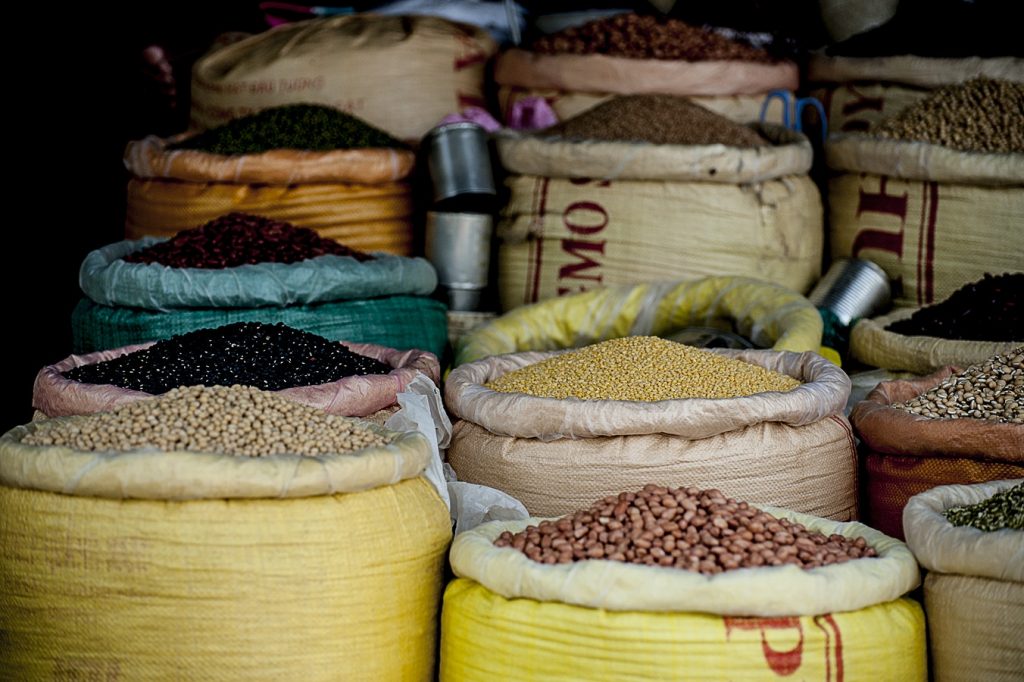
“Since no one food affects hormones or makes a drastic difference to your bodily systems, you should use them in conjunction. But adding these to your diet should do the trick,” she concludes.
This story is part of a series, which is updated weekly. You can read the previous entry here.




